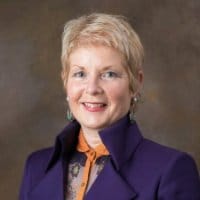
Whistleblower: Companies Need to Encourage Speak-Up Culture
Blog Maria Lemos Stein recently interviewed noted consultant Wendy Addison, Founder and Chief Executive of SpeakUp SpeakOut, in The Wall Street Journal. Addison is also known for her personal role as a whistleblower on fraud and corruption in 2000 regarding LeisureNet Ltd., whose joint chief executives were convicted of fraud in one of the biggest corporate scandals in South Africa
Maria Lemos Stein recently interviewed noted consultant Wendy Addison, Founder and Chief Executive of SpeakUp SpeakOut, in The Wall Street Journal. Addison is also known for her personal role as a whistleblower on fraud and corruption in 2000 regarding LeisureNet Ltd., whose joint chief executives were convicted of fraud in one of the biggest corporate scandals in South Africa
Addison promotes a speak up culture as the method by which companies develop an environment where problems are acknowledged and solved transparently, and before a problem becomes widespread. That way, she asserts, companies avoid the fines, reputation loss, and other negatives associated with more public scandal. Further, the person or group reporting the issue does not face internal retribution because speaking up is encouraged at all levels of the organization.
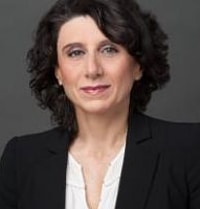
Caterina Bulgarella Dispels the False Meme that Culture Is Intangible
Blog Featured Interview: Caterina Bulgarella PhD, Culture Architect and Ethics Expert
Featured Interview: Caterina Bulgarella PhD, Culture Architect and Ethics Expert
What are your current areas of work and research?
Both my work and research focus on organizational culture. Over time, this work has become one and the same with building ethics in organizations, consistent with the evolution companies have been going through over the past 10-15 years. Ethical behavior underlines a powerful cocktail of ingredients (e.g., self-regulation, moral awareness, ability to ‘self-organize’ in the face of missing information, etc.). These human qualities and behaviors are also what organizations need to master the unprecedented level of complexity and change they face today.
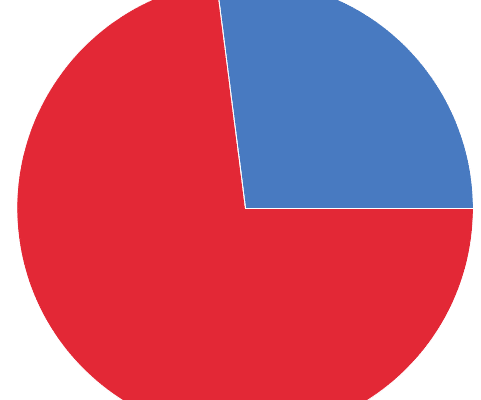
Ethical Systems seeks a Senior Research Associate
Blog
2017 End of Year Letter from Jonathan Haidt and Azish Filabi
BlogDear Friends,
2017 has been a year of surprises, transformation, and growth. Thirteen months ago, on the morning after Election Day, we walked in to the conference room of a global consulting firm based here in New York City. We sat down at a long table with 30 ethics and compliance officers. We gave our talk as planned—a talk on designing ethical systems. But all of us around the table were in a state of… surprise to say the least. Our conversation focused primarily on the consequences of the rather unexpected election of Donald Trump. What were the implications for businesses? How would rules and enforcement change?
Now, a year later, it is clear that whatever regulations are rolled back, businesses face an ever-changing landscape of ethics challenges. Questions of business ethics and ethical culture are front and center in national discussions on sexual harassment in the workplace, diversity and inclusion (which may include viewpoint and political diversity, as we learned in response to the famous “Google memo”); fairness and cheating, and new pressures on leaders to take stands on political controversies. We are on a path to further deregulation of business. The compliance workload may decrease, but the ethics workload will likely increase. This is the time for the business ethics community to show that, together, we can create a better society through ethical business behavior.
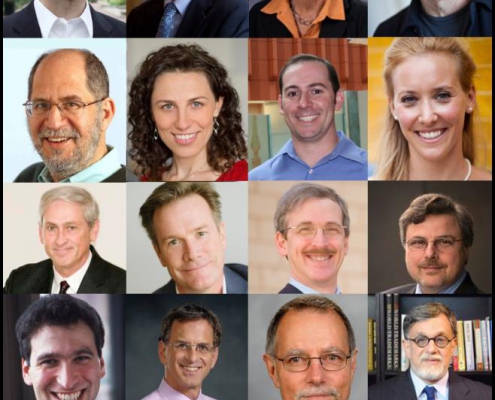
2017 Ethical Systems Collaborator Highlights
Blog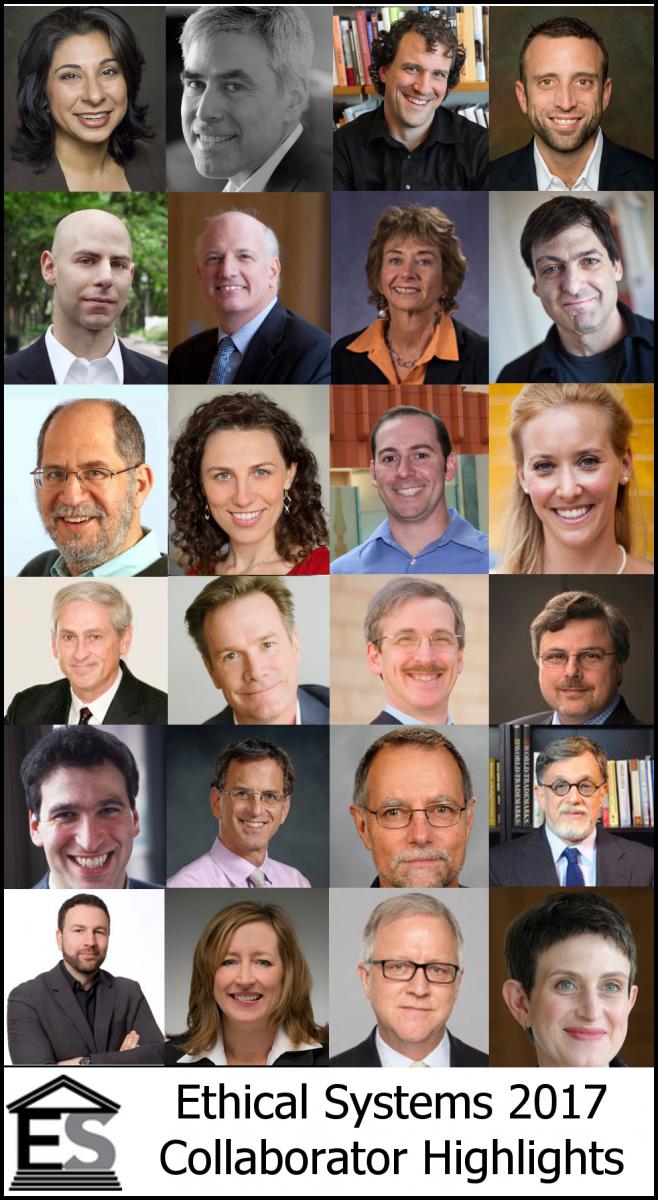 For our expanding collaborator network, 2017 was a year of many achievements, significant contributions to research, and broad recognition of their work. We invite you to browse a highlight list of the research, articles, appearances and talks that helped advance our mission and promote a greater understanding of ethics, decision making, and ethical systems design.
For our expanding collaborator network, 2017 was a year of many achievements, significant contributions to research, and broad recognition of their work. We invite you to browse a highlight list of the research, articles, appearances and talks that helped advance our mission and promote a greater understanding of ethics, decision making, and ethical systems design.
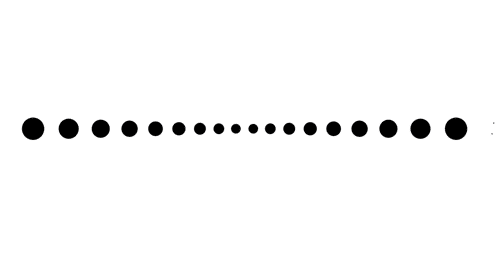
Bridging the Gap: The Oxford Review on the problem of academic-practitioner distance
Blog David Wilkinson, Editor-in-Chief of The Oxford Review, has written an incredibly insightful piece on the gap between the world of research and that of business- what he deems the “academic-practitioner distance.” It both underscores the mission of Ethical Systems and spotlights the reasons why it is in the best interest of both communities to close this chasm.
David Wilkinson, Editor-in-Chief of The Oxford Review, has written an incredibly insightful piece on the gap between the world of research and that of business- what he deems the “academic-practitioner distance.” It both underscores the mission of Ethical Systems and spotlights the reasons why it is in the best interest of both communities to close this chasm.
Wilkinson shows how “The gap isn’t just a physical one, [extending to] a gap of perspective, language, understanding and thinking.”

Ethical Systems Files Amicus Brief in Defense of Internal Whistleblowers
BlogThis post originally appeared on The FCPA Blog. It is cross posted here.
 On November 28, 2017, the Supreme Court will hear arguments in Digital Realty Trust v. Paul Somers on the question of whether the whistleblower protections of the Dodd-Frank Act extend to internal whistleblowers, or only to those who report to the SEC.
On November 28, 2017, the Supreme Court will hear arguments in Digital Realty Trust v. Paul Somers on the question of whether the whistleblower protections of the Dodd-Frank Act extend to internal whistleblowers, or only to those who report to the SEC.
 Research shows that the majority of employees who report misconduct do so internally, through informal discussions with managers and other conduits. If the Court interprets the Act’s protections as extending only to those who provide information to the SEC, it could stymie and complicate the important work of ethics & compliance ers.
Research shows that the majority of employees who report misconduct do so internally, through informal discussions with managers and other conduits. If the Court interprets the Act’s protections as extending only to those who provide information to the SEC, it could stymie and complicate the important work of ethics & compliance ers.
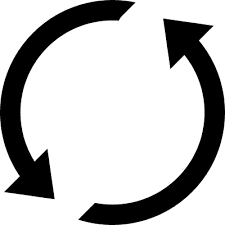
Cathy O’Neil to the Ivory Tower: Stop ignoring the ethics risks in tech
Blog
The use of artificial intelligence (AI) in most all aspects of modern business and social life is now ubiquitous. From wealth management, to hiring employees, assessing the effectiveness of teachers, and our news feeds, AI impacts most every aspect of our day-to-day life — whether or not we are aware of it.
As the use of AI has grown, so has a corresponding gap in the ability of many companies and people to explain what, how, and most importantly, why these bots make certain decisions. In a NYT op-ed this week, Cathy O’Neil gives academics a call to action — the time has come to provide a deeper, and unbiased view of the risks of AI and the ethics challenges we face as their power and influence grows.
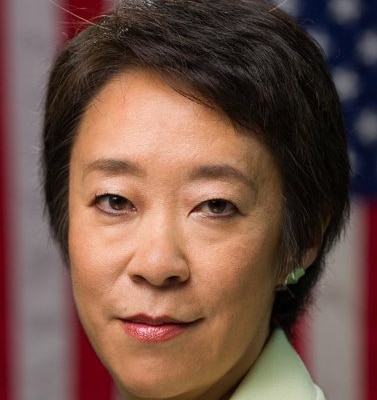
Featured Ethics and Compliance Expert: Hui Chen
BlogFeatured Interview: Hui Chen, Compliance and Anti-Corruption Consultant and First-ever Compliance Counsel Expert at the United States Department of Justice
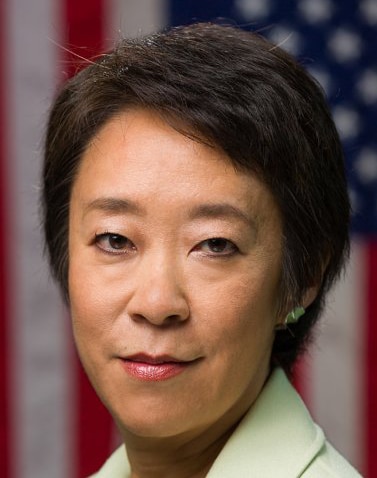 As the first lawyer to hold the post of Compliance Counsel in the DOJ, how would you articulate the goal of the DOJ’s expansion with respect to the role of compliance in corporate crimes?
As the first lawyer to hold the post of Compliance Counsel in the DOJ, how would you articulate the goal of the DOJ’s expansion with respect to the role of compliance in corporate crimes?
DOJ Policy requires federal prosecutors to consider certain factors in corporate prosecutions, including the state of the company's compliance program at the time the misconduct occurred, and any enhancements made in remediation to the misconduct. By creating the Compliance Counsel role, the Fraud Section in the Criminal Division sought to bring in-house expertise to that evaluation. In doing so, the Fraud Section both recognizes compliance as an area of professional expertise, and heightens the significance of that expertise as something that is critical to companies.

The Flip Side of the Quarter: Only 25% of employees think colleagues model ethical behavior
Blog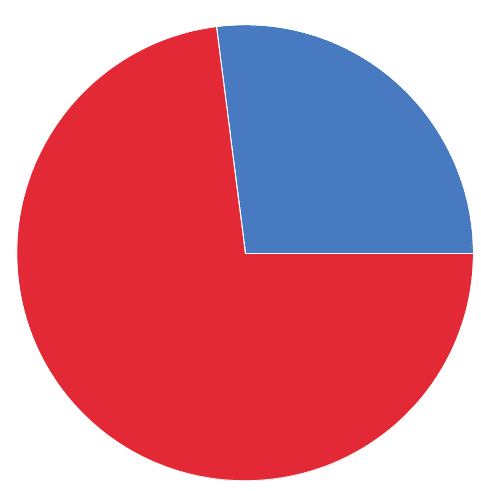 A recent survey by Gartner (formerly CEB) indicates some bleak stats for companies — the 2017 poll of 5,000 workers in the U.S. indicates that “only 25 percent of employees believe their teammates and colleagues engage in and model the right ethical behaviors.”
A recent survey by Gartner (formerly CEB) indicates some bleak stats for companies — the 2017 poll of 5,000 workers in the U.S. indicates that “only 25 percent of employees believe their teammates and colleagues engage in and model the right ethical behaviors.”
This is a lost opportunity for many organizations. Research that shows that running an ethical organization pays off financially in the long-run. The CEB/Gartner findings also indicate, “Employees from strong cultures of integrity are 90 percent less likely to observe misconduct and are more likely to report that which they do see. They are also more likely to over-perform on individual and team goals. Gartner also notes financial opportunities – notably, that companies with strong cultures of integrity have 10-year total shareholder returns 7 percentage points higher than companies with low perceptions of integrity.”
